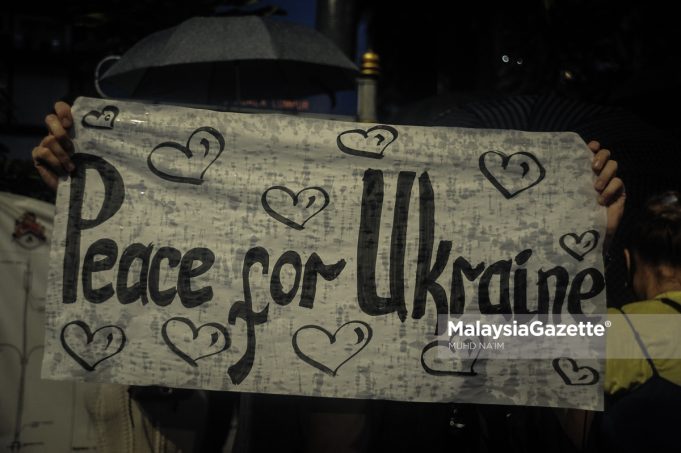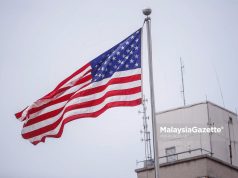On 20th March 2025, Russia agreed to a partial 30-day ceasefire. Many have asked what would be Putin’s seeming gambit of playing footsie with Trump, by not agreeing to a full ceasefire?
The aftermath of the White House meeting between Zelensky and Trump only solidified the perception that Ukraine is fully subordinated to NATO as well as the United States’ strategic interests. That is, to ultimately defeat and contain Russia. In return, Ukraine has since traded its resources and autonomy for continued Western support. This dynamic is hardly unique as it can be said to mirror the much criticised Russian and Chinese resource-for-military-aid arrangements with the various African nations. Yet, when NATO engages in similar practices, it often escapes comparable scrutiny.
In other words, there is all the more reason why a total capitulation and demilitarisation of Ukraine as a buffer nation is something that Putin will not lose sight of in this Special Military Operations (SMO).
Does Russia Want Europe?
Over the last three years, Russia has played a consistent and firm hand. From the start of the SMO, Russia has never wavered from its war objectives to reclaim the four regions in Eastern Ukraine, to pursue the demilitarisation of Ukraine, as well as achieve a permanent ban on Ukraine to join NATO. Russia sees all these three objectives as critical requirements of security guarantees for a “long term peace” in the whole of Europe, not just for Russia.
Meanwhile, NATO remains gripped by a self-defeating obsession with the belief that Russia intends to invade the rest of Europe, which is a widely held view especially among the elites and older age groups.
The reality is that Russia has little incentive to do so, lacking any need for Europe’s natural resources, of which it has in abundance. Russia’s own resources are worth USD 75 trillion consisting of coal, oil, gold and other minerals. Having already sustained significant losses in its campaign against Ukraine, the notion that Russia would willingly engage in a broader conflict with the entirety of Europe is something Moscow is likely to recognize as untenable.
Historically, NATO’s relationship with Russia is a classic case of a self-fulfilling prophecy much like the Roman Empire’s relationship with Gaul. Clearly, memories of the Soviet Union have left a deep psychological scar on NATO, particularly the Eastern Europeans.
Due to Ukraine, NATO has now developed a near-obsessive fear of Russia and China, seeing them as a perpetual existential threat – real or, otherwise. In turn, this fear shapes their foreign and military policies in ways that makes future hostilities even more widespread. It is these policies that have the greatest potential to drag countries in SouthEast Asia into an open conflict.
Is Embracing the East a Rejection of Europe?
By perceiving the Russians as inevitable enemies, NATO policies have actively nurtured the very enemy they feared. NATO actions radicalize its members and sow the seeds for conflict. For the West, Russia’s seeming pivot towards the East is further evidence that Russia is choosing a new path away from a European society. This would push European powers ever more hostile towards Russia and in time, China.
Are we the next Ukraine?
What happens when the above confrontation is brought to Asia?
NATO’s European obsession right now is Russia. Somehow, this just seeks to fuel a renewed US focus on China, which the US regards as a peer competitor. In such a situation, countries of SouthEast Asia will become vulnerable to radicalization against China. The signs are already opening at the seams.
Both Russia and China are acutely aware of this, and are now seeking to engage more with SouthEast Asia countries for their own self-preservation.While our insistence of neutrality is crystal clear, in an event of a conflict in the South China Sea, China and Russia are unlikely to believe that we have the strength to maintain our own sovereignty against any geopolitcal actors. It is this very vulnerability that will lead Russia and China to view us as another Ukraine, despite our protestations based on neutrality.
What is transpiring in Ukraine is not as remote as we perceive it to be. Perhaps, it is time to move away from archaic policies set during the realities of the Cold War, adopting them as ‘time-tested’ wisdom. Hot war calibrations are urgently needed for our own survival as well.
— Jonathan Yen, BA in Military History, University of Kent
The views expressed are those of the writer and do not necessarily reflect those of MalaysiaGazette.

















